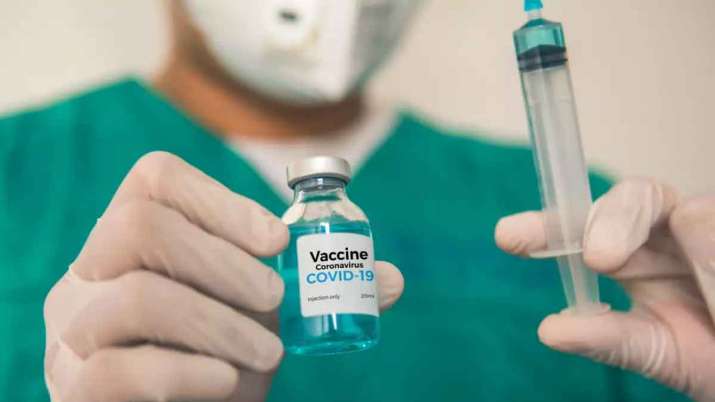As the world grapples with the COVID-19 pandemic, vaccines have emerged as crucial tools in combating the virus. Among the vaccines widely administered is Covishield, developed by AstraZeneca and Oxford University. While Covishield has proven to be effective in preventing severe illness due to COVID-19, like all medications, it carries some risks. One rare but serious side effect associated with Covishield is Thrombosis with Thrombocytopenia Syndrome (TTS).
What is TTS?
TTS is a rare condition characterized by blood clots forming in unusual locations throughout the body, combined with low levels of platelets (thrombocytopenia). These blood clots can obstruct normal blood flow and lead to severe complications, such as strokes, heart attacks, or pulmonary embolisms.
Symptoms of TTS
Identifying TTS early is crucial for prompt medical intervention. Some common symptoms include severe headaches, persistent abdominal pain, leg swelling, shortness of breath, and blurred vision. Additionally, unusual bruising or pinpoint red spots on the skin may indicate the presence of TTS.
Risk Factors
While TTS is rare, certain factors may increase the likelihood of experiencing this side effect after receiving the Covishield vaccine. These risk factors include:
Age and Gender: TTS appears to affect younger individuals and women more frequently, although cases have been reported across all age groups and genders.
Prior History of Blood Clots: Individuals with a history of blood clotting disorders or previous episodes of blood clots may have an increased risk of developing TTS.
Underlying Health Conditions: Certain medical conditions, such as autoimmune disorders or cancer, can predispose individuals to TTS.
Genetic Factors: Genetic predispositions to abnormal blood clotting may elevate the risk of TTS in some individuals.
While TTS associated with Covishield vaccination is rare, it’s essential to remain vigilant about any unusual symptoms following vaccination. Prompt recognition and treatment of TTS can significantly improve outcomes and reduce the risk of severe complications. Individuals experiencing concerning symptoms after receiving the Covishield vaccine should seek immediate medical attention to ensure timely diagnosis and management. As with any medical decision, individuals should consult with healthcare professionals to weigh the benefits and risks of vaccination based on their individual circumstances.




